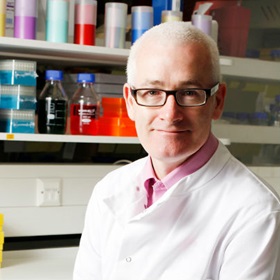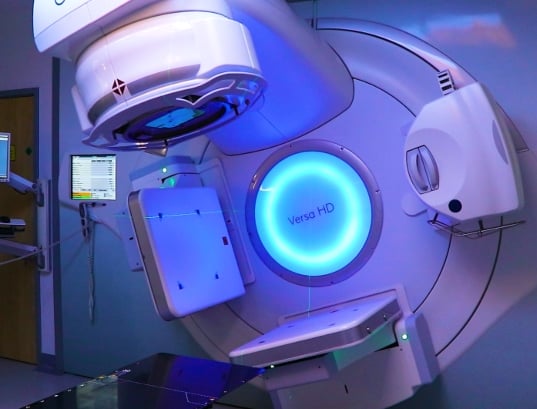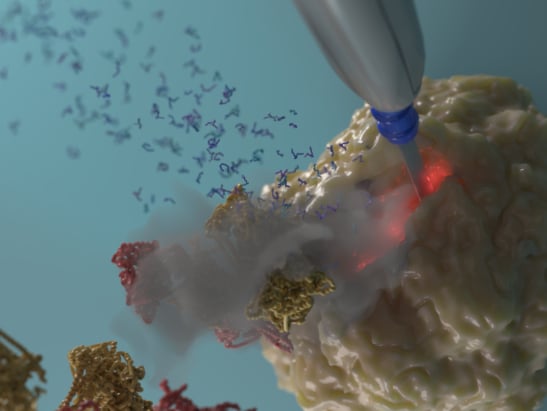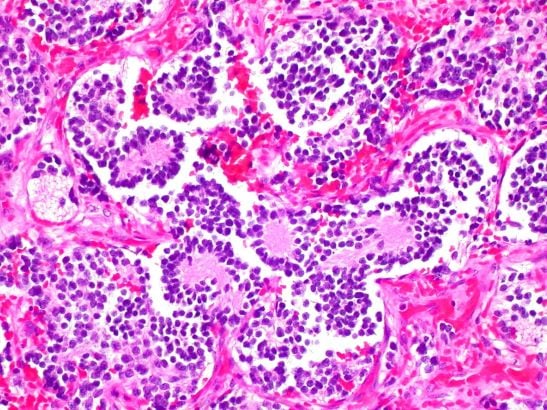Magnetic Resonance Group
The Magnetic Resonance group develops and tests new probes, instrumentation and techniques to better plan and assess cancer treatment.
Our research is principally focused on the further development and application of non-invasive magnetic resonance imaging (MRI) methods to identify and evaluate imaging biomarkers of tumour pathophysiology and therapeutic response.
Anticancer drug discovery and development is being accelerated by the identification of cancer-causing genes and associated pathways. The use of functional imaging biomarkers is an essential component in both the identification of novel targets and evaluation of new therapeutics.
The research objectives of the Pre-clinical Imaging group, part of the Cancer Research UK & Engineering and Physical Sciences Research Council (EPSRC) Cancer Imaging Centre, are principally focused on the further development and application of non-invasive magnetic resonance imaging (MRI) methods to identify and evaluate imaging biomarkers of tumour pathophysiology and therapeutic response. Complementary imaging (e.g. ultrasound, micro-computed tomography) and histological techniques including fluorescence microscopy are being used to validate, calibrate and characterise these biomarkers.
In addition to conventional anatomical MRI for monitoring tumour burden, established quantitative functional MRI biomarkers are being evaluated for the assessment of incipient tumour angiogenesis, vascular targeting therapies and novel targeted agents whose mechanism of action is predicted to elicit anti-angiogenic activity. Imaging of tumour hypoxia, and associated features of the tumour microenvironment, is also a major focus of the research. Emerging MRI biomarkers to non-invasively interrogate viscoelastic properties of tumours and their invasive phenotype, and interstitial fluid pressure, are also being exploited.
Professor Kevin Harrington
Head of Division:
Targeted Therapy, Magnetic Resonance
Professor Kevin Harrington is Head of the Division of Radiotherapy and Imaging and studies the use of biologically targeted agents, in combination with treatments such as radiotherapy and chemotherapy, to target cancer cells selectively. He is a specialist in head and neck cancer and in melanoma, and a Fellow of the Royal College of Physicians and the Royal College of Radiologists.
Researchers in this group
 .
.
Konstantinos combines MRI and digital pathology to study childhood neuroblastoma.
Professor Kevin Harrington's group have written 680 publications
Most recent new publication 12/2025
See all their publications .
.
-being-attacked-by-two-cytotoxic-t-cells-(red)-547x410.tmb-hbmobile.png?Culture=en&sfvrsn=8f59440b_2)


